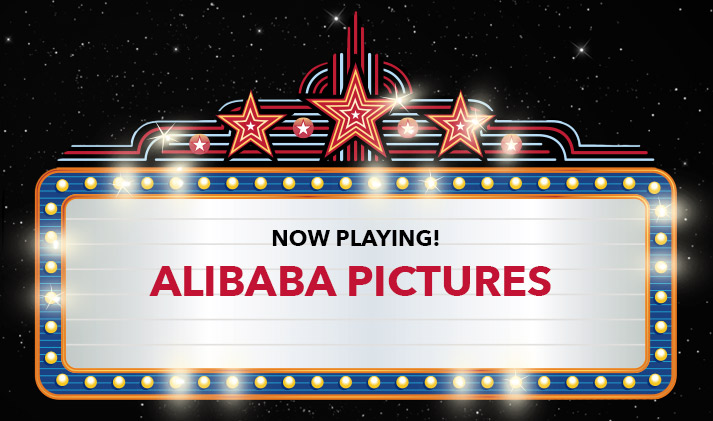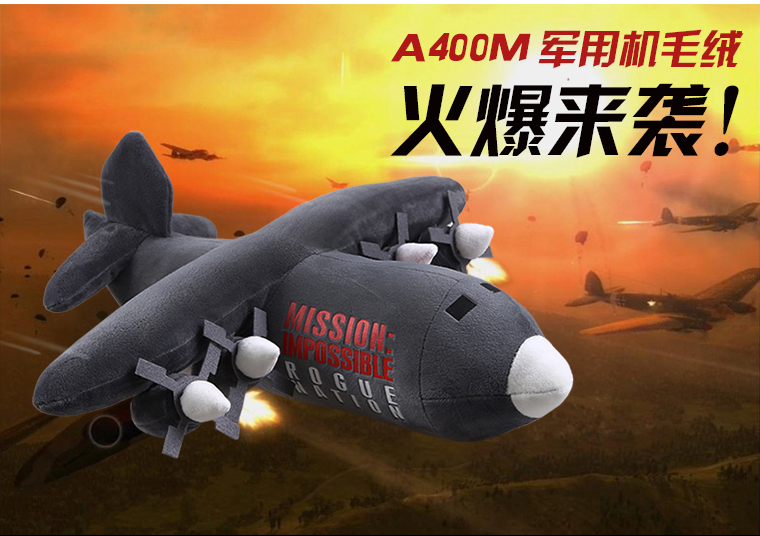
In the final story in our four-part series on the rise of Alibaba Pictures, we look at how Alibaba Group’s movie and TV division plans to integrate merchandising opportunities into its strategy.
As China’s movie industry booms with more fans filling more theater seats than ever before, one vast potential revenue stream is rushing by almost untapped: licensed movie merchandising.
For years, official movie tie-ins—the lunchboxes, the bedspreads, the action figures—have been largely an afterthought in China’s film industry. In a country where 90 to 95% of movie revenue comes from box office and advertising, merchandising simply hasn’t been a part of the mix as it has in the U.S., where sales of items other than tickets account for 70% of film revenue.
This stream has gone untapped in part because of an entrenched problem in China: counterfeiting. In the weeks around a film’s opening, a rush of bootleg products often floods the market. That has undercut and discouraged efforts by Chinese and Hollywood studios to invest in official merchandise.
Alibaba Pictures, the new movie and TV division of the Alibaba Group, is in a prime position to challenge the bootleg problem and capitalize on opportunities in licensed merchandising.
By leveraging the parent group’s ecosystem of online merchants and users, Alibaba Pictures can select qualified manufacturers to produce official tie-ins and offer them to the public exclusively through its e-commerce sites such as Tmall.com, the country’s largest B2C online marketplace. In that way, Alibaba Pictures can protect a brand’s integrity and ensure that movie fans get the real deal.
“We believe we have a unique advantage,” Alibaba Pictures President Zhang Wei told The Hollywood Reporter. “It’s a one-stop service from design, manufacturing, logistics, to customer service—all the ways to deliver to our hundreds of millions of users.”
This vertical and horizontal integration makes Alibaba Pictures increasingly attractive to U.S. studios looking to do business in China. Last May, for instance, Alibaba Pictures contracted with The Walt Disney Group to be the sole distributor of merchandise related to its Marvel Studios film Avengers: Age of Ultron.
In June, Paramount Pictures inked a one-time deal with Alibaba Pictures to promote Mission Impossible-Rogue Nation (MI 5) as well as manufacture and sell official tie-ins in China. The two studios went back and forth on designs and samples—many approved personally by star Tom Cruise himself—prior to opening to get the product line right.
MI 5 debuted in September. Fans who ordered tickets using Alibaba’s online platform Taobao Movies could hyperlink to a Tmall storefront set up exclusively for the film. There they could browse through licensed products from 30 different manufacturers that included USB drives, smartphone cases, t-shirts, and backpacks.
Visitors to Alibaba’s Mobile Taobao could play free MI 5 video games—and follow a link to the film’s Tmall storefront.
“We’re a platform that’s built off of online retail,” says Alex Zhang, general secretary of the international division of Alibaba Pictures. “One reason we went into film and media is to create an afterburner for e-commerce, or you might call it an additional platform on which to bounce back and forth between content and e-commerce.”
Beyond the bootleg issue, Alibaba’s ability to streamline the merchandising process is critical to U.S. studios looking to diversify revenue sources due to government restrictions that impact box office potential. The state-run China Film Group controls release dates of U.S. films and limits marketing campaigns to 30 days prior to opening. Additionally, the state permits the studios to keep only 25% of box office sales.
The issues may be mitigated in 2017, however, when the Motion Picture Association of America is scheduled to meet with China regulators to negotiate new terms on an existing agreement.
In the meantime, Alibaba Pictures continues to innovate in movie and TV merchandising. One initiative leverages Alibaba Group’s home streaming video service, Tmall Magic Box, to showcase licensed products. Chinese viewers who watched last Fall’s Showtime documentary about Kobe Bryant (Kobe Bryant’s Muse) on the service could pause, split the screen, and shop for Kobe-branded goods commissioned by Alibaba Pictures in cooperation with the NBA star.
Alibaba Pictures expects to continue to build on its experience as it explores additional cross-media merchandising opportunities—all the while remaining focused on the quality of its original content, says Zhang, the division’s general secretary.
“At the end of the day, the success of any kind of cross-media franchising completely depends on the creative excellence put into the original product,” Zhang says, “which, nine times out of 10, is the movie itself.”
To read part 1 in the Alibaba Pictures series, clickhere. For part 2 on production, clickhere. For part 3 on marketing and distribution, click here.





